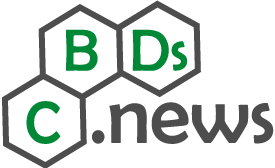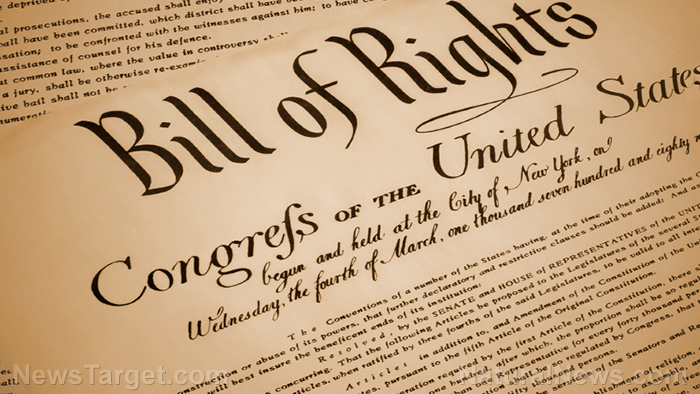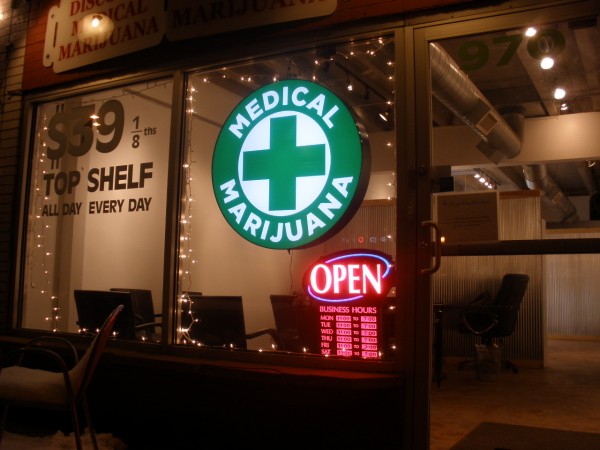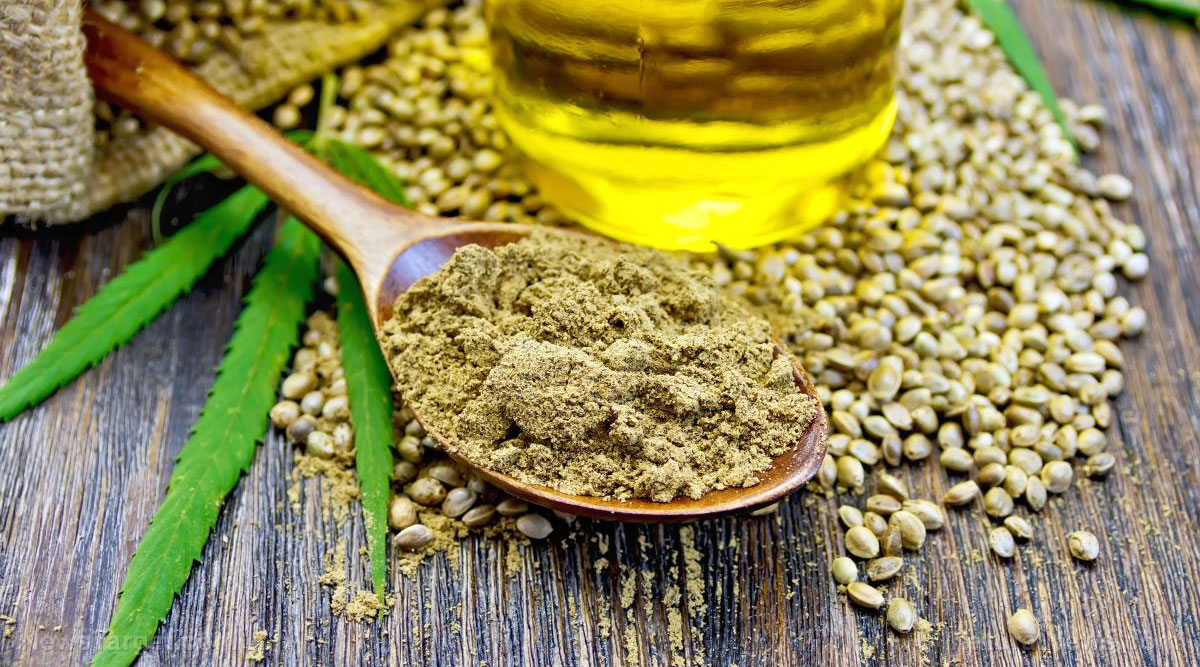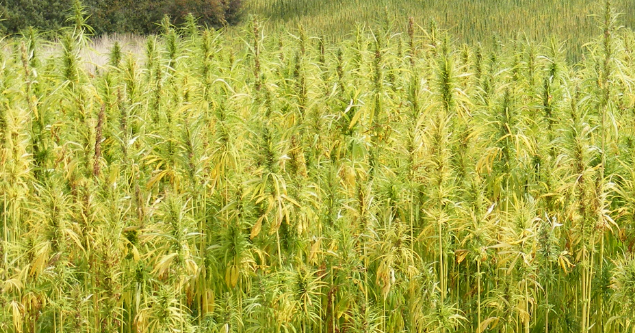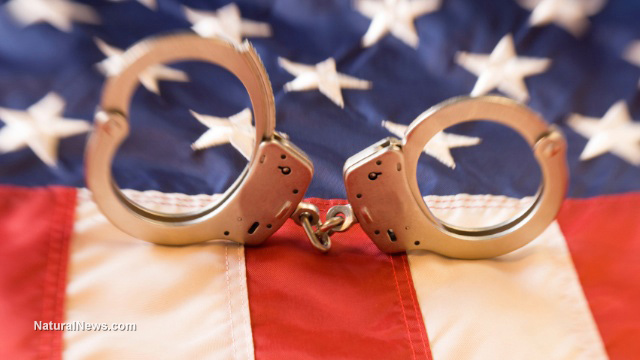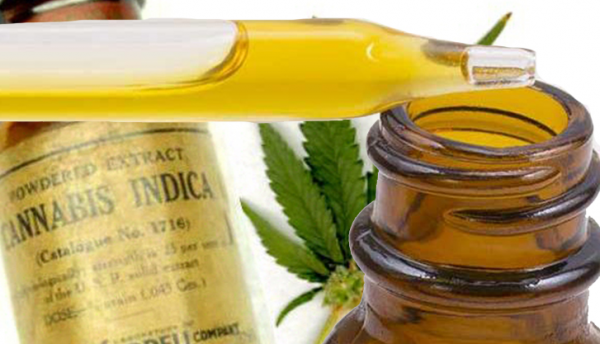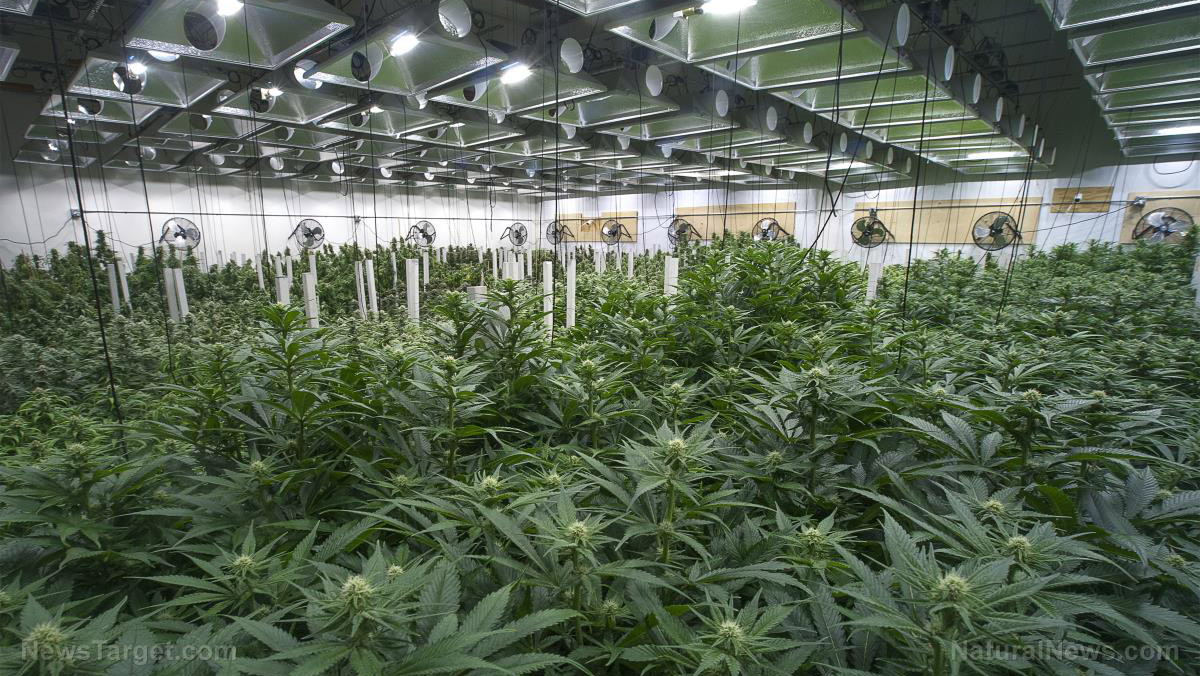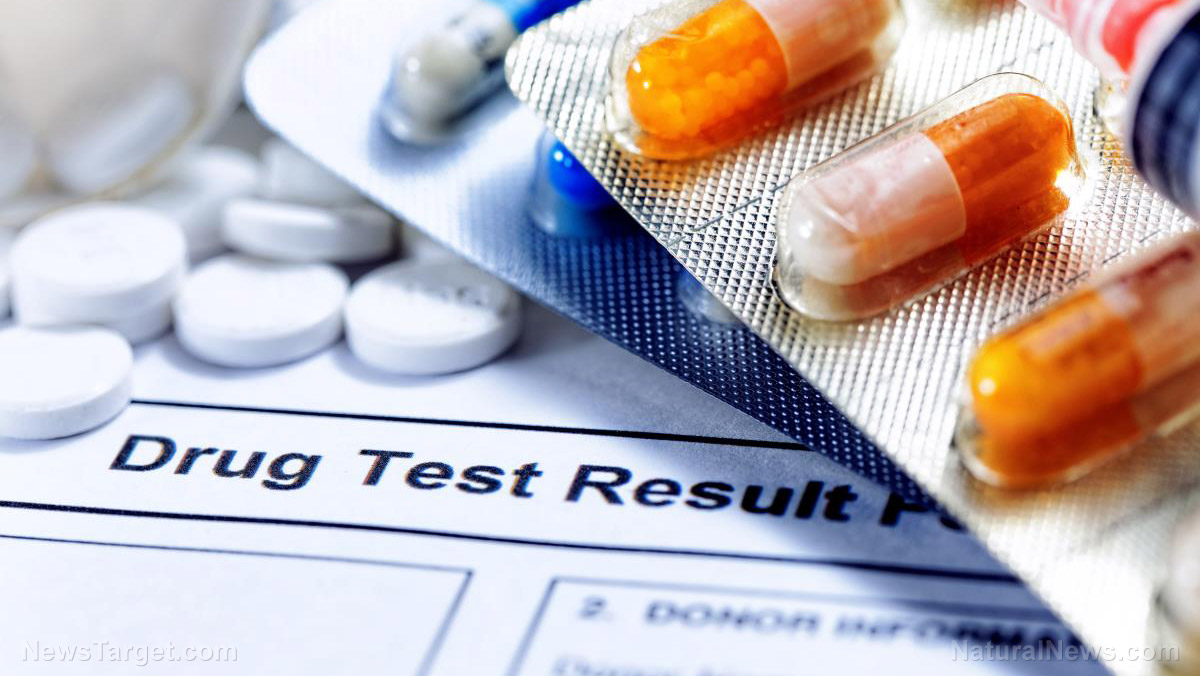What are you smoking? Study shows 70% of cannabidiol extracts are mislabeled
11/12/2017 / By Isabelle Z.
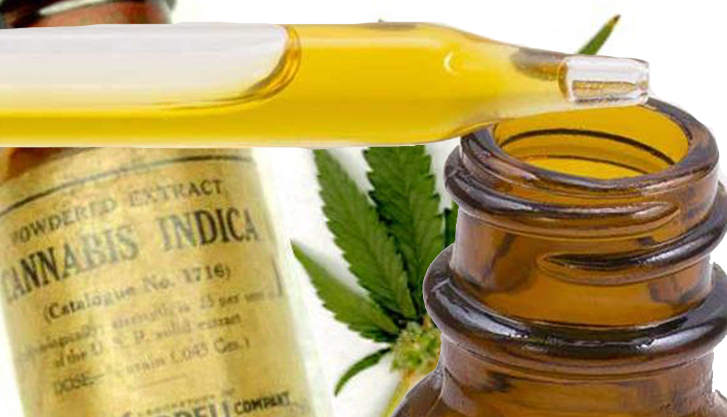
Cannabidiol (CBD) extract is growing in popularity thanks to the benefits it offers to people with certain health conditions. In fact, the market for CBD products is expected to exceed $2 billion in sales to consumers in the next three years alone. Unfortunately, any time there’s a hot product on the market, unscrupulous businesspeople will take advantage of the situation and try to sell people inferior or downright fraudulent products. Even those who want to provide an honest product are sometimes hampered by incorrect lab results.
Naturally occurring in the cannabis plant, CBD is gaining a lot of attention because of its therapeutic effects for a range of illnesses, including chronic pain, epilepsy, inflammation, depression and rare seizure disorders in children. It has the added benefit of not giving people that “high” feeling that comes from smoking marijuana and is not habit-forming.
Inadequate regulation is a big problem with CBD given the fact that it is currently considered a Schedule 1 controlled dangerous substance at the federal level even though it has been legalized for medicinal purposes in several states. This has created a big online market for CBD products that don’t live up to their promises.
A new study carried out by Penn Medicine and published in JAMA discovered that an incredible seven out of every ten CBD products sold online are over-labeled or under-labeled, both of which have the potential to cause serious harm to those who use them.
The study’s lead author, Adjunct Assistant Professor of Psychology in Psychiatry Dr. Marcel Bonn-Miller, points out that the fact that the product is not legal at the federal level means FDA quality oversight isn’t possible. Consumers therefore have no way of knowing just what is in the bottle when they buy these oils – a particularly risky situation when the product is being given to sick children.
Over the course of a month, Bonn-Miller and his research team bought and analyzed 84 CBD products from 31 companies. They found that over 42 percent of the products were actually under-labeled, which means they contained more CBD than the packaging indicated. Meanwhile, more than a quarter of them were over-labeled, which means they had a lower CBD concentration than their label stated.
Just 30 percent of the CBD products studied had a CBD content that was within ten percent of the amount stated on the label of the product.
Some product types were more prone to accuracy errors than others. For example, while just half of the CBD oils were labeled incorrectly overall, nearly 90 percent of vaporization liquids bore incorrect labels. Tinctures had an equal likelihood of being under-labeled, over-labeled or accurate.
Consumers don’t know what they’re getting
This inaccurate information could affect a person’s treatment, and it also makes it difficult for consumers who buy different products to get reliable results. Not getting enough for it to be effective means people with problems like pain, anxiety and epilepsy could be suffering needlessly. On top of that, the researchers found that 18 of the products had significant amounts of THC, which many people who turn to CBD are hoping to avoid as it is associated with the “high” of cannabis and could create a positive result on a drug test.
Bonn-Miller has found similar discrepancies in the labeling accuracy of edible medical cannabis products in the past, and he is hoping that something will be done about this problem.
This finding, while disturbing, is nothing new. Mike Adams, the Health Ranger, found a similarly troubling trend when testing CBD products in his ISO 17025-accredited CWC Labs. In one case, he found a prominent hemp extract manufacturer claiming a product had a CBD content that was 500 percent higher than it actually was. Adams routinely tests and certifies the CBD content of a CBD product brand called Native Hemp Solutions.
Unfortunately, until more brands use reliable testing methods like mass spec time-of-flight analysis and more regulations are put in place to encourage more honest labeling, this problem seems unlikely to go away.
Sources include:
Tagged Under: cannabidiol, CBD, CBD labeling, CBD oil, CBD testing, cwc labs, hemp extracts, THC
